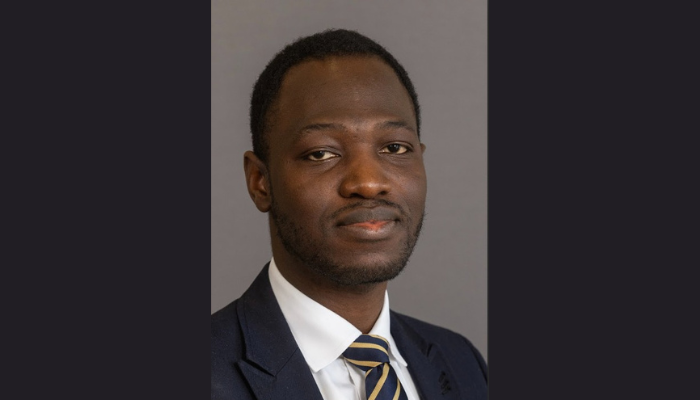As environmental challenges converge with technological advances, one engineer is at the forefront of efforts to create a more sustainable future in manufacturing.
Julius Adeyeraarmed with advanced engineering degrees and a commitment to environmental protection, is changing approaches to industrial production and smart home technology.
The global plastic challenge
The numbers are clear: global plastic production has doubled in less than two decades, reaching 460 million tons by 2019. With plastics accounting for 3.4% of global greenhouse gas emissions, the need for innovative solutions has never been more urgent. Adeyera's answer to this challenge is groundbreaking bio-based resins for 3D printing applications.
“Innovation in manufacturing is not just about developing new products,” explains Adeyera. “It's about reimagining how we can meet our industrial needs while protecting our environment.” Its development of renewable resource-based resins offers a promising alternative to traditional petroleum-based materials by maintaining key performance standards while at the same time Environmental impact significantly reduced.
From the laboratory to the living room
Adeyera’s influence extends beyond the manufacturing level. As a board member of Mainlogix, a smart home technology company with offices in Canada and Nigeria, he helps bridge the gap between sustainable production and everyday life. The company's integration of advanced engineering principles with intelligent technology demonstrates how sustainable innovation can improve daily life.
Educational Foundation
Adeyera’s journey began with a Bachelor’s degree in Mechanical Engineering from Ladoke Akintola University of Technology, Oyo State, followed by a Master’s degree in Manufacturing Engineering from Georgia Southern University. This solid education, combined with practical industry experience, has enabled him to approach environmental challenges from different perspectives.
A vision for the future
What sets Adeyera's work apart is his holistic approach to sustainability. He sees environmental responsibility not as a limitation, but as a catalyst for innovation. Its bio-based resins are not just a replacement for existing materials; They represent a new way of thinking about manufacturing processes and their impact on the environment.
The implications of Adeyera's work extend far beyond immediate applications. As industries around the world grapple with the need to reduce their environmental footprint while maintaining productivity, its innovations offer a roadmap for sustainable development that does not compromise on performance.
Through his diverse contributions to manufacturing research and smart home technology, Julius Adeyera shows that sustainability and innovation are not only compatible – they are inseparable parts of future industrial development. His work is evidence of the possibility of addressing global environmental challenges while advancing technological capabilities.
